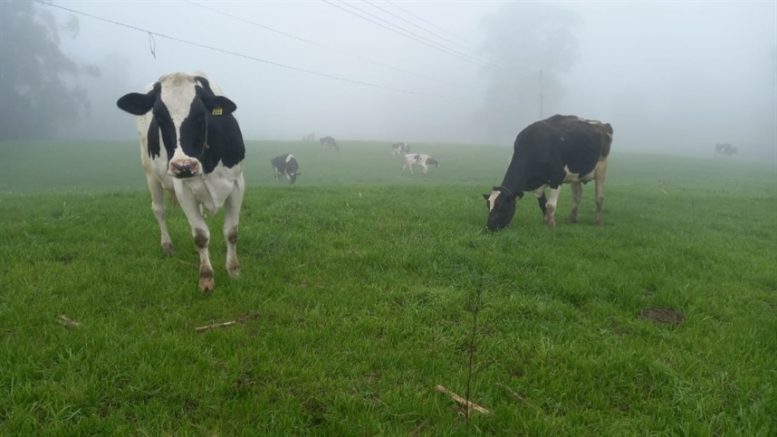“At the time of the disaster, we had widespread communication problems, but notifications were made, albeit with delays…”
Fernando Groff is the head of the Animal Health Defense Division of the Secretariat of Agriculture, Livestock, Sustainable Production and Irrigation of the State of Rio Grande do Sul – Seapi.
Groff is a State agricultural inspector, veterinarian and a M.Sc. in preventive veterinary medicine from the Federal University of Santa Maria.

Fernando Groff, head of the Animal Health Defense Division
AgriBrasilis – Have floods in the State of Rio Grande do Sul increased the incidence of diseases in animals?
Fernando Groff – We have seen an increase in accidents due to non-infectious causes, generally due to structural damage to farms. It is possible that the incidence of routine diseases may have increased due to the unfavorable conditions to which the animals were subjected. In both situations, we have seen an increase in notifications to the Official Veterinary Service, which were being monitored.
AgriBrasilis – What are the actions of Seapi’s Animal Health Division?
Fernando Groff – The mission is to manage the Official Health Programs, which involves planning and executing Animal Health surveillance activities. The actions are aimed at improving the health conditions of livestock, preventing threats (risk analysis and mitigation) and cleaning up outbreaks (emergency management). The activity guarantees the viability of livestock production chains, both for internal consumption and for access to external markets.
AgriBrasilis – Due to the floods, did farmers fail to carry out proper animal health control?
Fernando Groff – At the time of the disaster, we had widespread communication problems, but notifications were made, albeit with delays. Due to logistical difficulties, there were problems with replenishing supplies, which could affect the health of livestock animals, even causing mortality.
AgriBrasilis – Is the detection of chickens with Newcastle disease in Anta Gorda, State of Rio Grande do Sul, an isolated case?
Fernando Groff – This is an isolated case, in which structural problems caused by excessive rainfall have possibly caused a breach in biosecurity. It is important to remember that the agent is a virus that circulates in free-range birds, which is why commercial poultry sheds must maintain good biosecurity conditions.
AgriBrasilis – How is this disease transmitted and what are its symptoms? What is the estimated damage if this is not an isolated case?
Fernando Groff – Newcastle disease can be transmitted by direct contact or by secretions/excretions of infected animals. The potential breach of biosecurity that caused this outbreak, and the epidemiological investigation conducted in the surrounding area, proved that this was an isolated case. There was no compromise to the production system in the region, or in other related areas. The investigation data has already generated reports to commercial partners – who preventively block imports in order to protect their own poultry flocks – proving the isolated nature of the event.
AgriBrasilis – The deadline for pig farms to comply with the standards established by Normative Instruction 10/2023 has been extended. What guidelines are established and when should they come into effect?
Fernando Groff – The deadlines set out in section I of article 29 of NI 10/2023, which is the first phase of implementation, have been extended until March 1st, 2025. These are very simple measures, but some of them impact structural works, which is why the deadlines have been staggered, allowing farmers to organize themselves. The first phase, which has been extended, basically involves adjustments to work plans to resolve pending biosecurity issues.
It is important to emphasize that the guidelines established in the NI were agreed upon with the production chain, in a series of meetings, and that new farms (as of publication on May 22nd, 2023) must already comply with the regulation in full.

